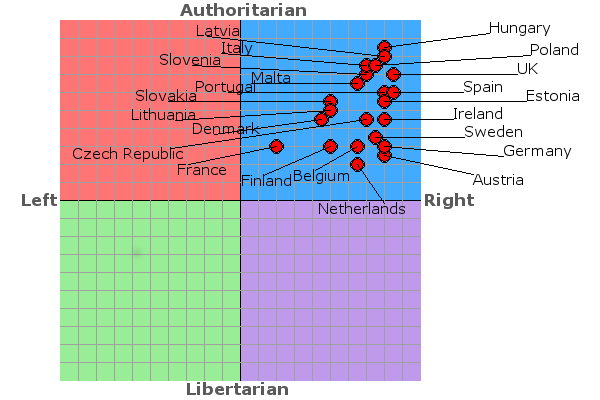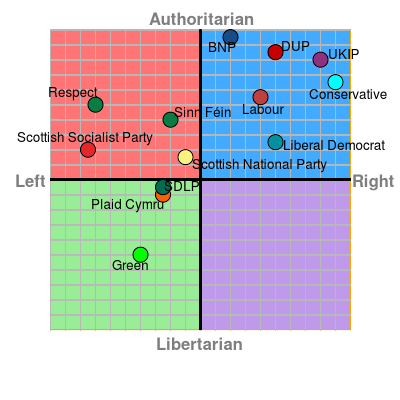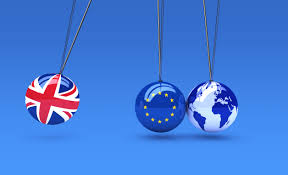Day 4 (Wednesday 4th December 2018)
 |
| May the Fourth be with you |
Today I am spending with my industry regulator undertaking what they describe as a "culture sprint". The intention is for us to devise ways in which we can make Financial Services an environment in which people feel comfortable speaking out when they are concerned and/or if they see something that should be stopped or changed. Cultures of blame, fear and hierarchy are increasingly being proven to be harmful to all working within them and research shows that this is also true for customers, clients and the wider community. Perhaps my day ahead is what triggered me to post this piece, which was first seen in December last year. I know that the author has had a turbulent year full of change and challenge. The way she copes and the amount she achieves on behalf of and for others is inspiring. In accordance with this year's Advent Blog themes - I would like to award her a "High Five" - she has and is experiencing "Heartache" but there is "Hope" for the future.
She is extraordinarily caring - I should know because I have seen her in action: encouraging desperate children living on the streets in Uganda and supporting the staff trying to help them turn their lives around; doing mad things that she hates doing, in order to raise funds for the charities she supports (Retrak, Team Margot and the Anthony Nolan). I am also privileged to have her as part of my team and to see, on a daily basis, her skill in helping people learn and achieve their potential; she possesses and extraordinary ability to enhance individual lives. Her name is Donna Hewitson. Following a tough childhood, spending her teenage years in foster care, she came into HR when her talent with people was spotted whilst she was working in an operational role behind a bar. If you want to know more, read the article published in HR Magazine about her last November. Her career success is entirely due her own determination, natural skill and attitude. She is active on social media (her Twitter handle reflects her roots: @PubDonna).
I have many faces (thanks to Phil Willcox for educating me on this subject) and it is for me to choose which face I show. I can mask it, or share it. I choose the latter. The response from people who constantly tell me how strong I am, how inspirational my story is, the good I’m doing equal those people, who know me well, who express concern, tell me stop, slow down, take time for me.
What concerns me? I know it will not all be plain sailing and I’m sure that I will get burned sharing so much of me. I am vulnerable, I will be susceptible, and I will get turned over. I have spent years protecting myself and had built a fortress around my heart.
It will take time to unpick, unlearn, re-learn and build confidence. I am thankful to have the most brilliant people around me, who trust me, believe in me and afford me the space to be me. All of me. The good, the great, the bad and the downright shite. How I respond, and not react, will make the difference of whether I see the start of the darkness descending or the beginning of a new dawn.
She is extraordinarily caring - I should know because I have seen her in action: encouraging desperate children living on the streets in Uganda and supporting the staff trying to help them turn their lives around; doing mad things that she hates doing, in order to raise funds for the charities she supports (Retrak, Team Margot and the Anthony Nolan). I am also privileged to have her as part of my team and to see, on a daily basis, her skill in helping people learn and achieve their potential; she possesses and extraordinary ability to enhance individual lives. Her name is Donna Hewitson. Following a tough childhood, spending her teenage years in foster care, she came into HR when her talent with people was spotted whilst she was working in an operational role behind a bar. If you want to know more, read the article published in HR Magazine about her last November. Her career success is entirely due her own determination, natural skill and attitude. She is active on social media (her Twitter handle reflects her roots: @PubDonna).
**************************
This year has challenged me in ways I never expected. I have had to adapt, change and morph into the next incarnation of me; a bit like the new Doctor Who (I’ve never seen it, but I get the drift).
I have still not yet developed into the next person I need, or want, to be. But, I know what that will look like, and feel like, to me.
I have still not yet developed into the next person I need, or want, to be. But, I know what that will look like, and feel like, to me.
How do I see the person who saw out 2016? I see someone who was so focussed on filling the gap in their soul, it became all encompassing. Not “A” gap, “The” gap. It was deep, so deep-rooted, that I’m not sure if I truly knew who I was, or wanted to be. When I found myself in that space, I defaulted to the “it’ll be fine, it’s just a dip, it will get better.” It had to, didn’t it? What were my options otherwise?
September 2016 changed all that and guided me onto a new path, in a totally different direction, a path, on which, I can say I feel truly complete. Even if, at times, it feels like I’m travelling the wrong way up a one-way street.
My brain is odd. It is constantly going at a gazillion miles per hour; do this, sort that, always say yes and work out the “how” after. Always thinking “what next, what can I do bigger, bolder, stronger, better, how can I make my life, our life, better, what difference can I make to the world we live in?” If I got hit by a bus tomorrow, so what? That kind of stuff. It’s fair to say that it’s never a dull moment “up there”. But it weighs. Heavily. I spend so much of my time seeking to understand the troubles and challenges of others, and stretching myself to find a solution, that I forget about me. And then it comes. The dark descends, and it envelops all of me.
But my face cannot change, I will not allow for others to see the impact of, metaphorically, the rocks I’ve been gifted weighing down the backpack I’m carrying. Then the mask slips and “ta da”, I find myself vulnerable with other people seeing the darker side of me.
But my face cannot change, I will not allow for others to see the impact of, metaphorically, the rocks I’ve been gifted weighing down the backpack I’m carrying. Then the mask slips and “ta da”, I find myself vulnerable with other people seeing the darker side of me.
I’m OK with that now. It’s important. With the best will in the world, maintaining the expected face all the time is a big old ask. Impossible.
I cried at work today. Twice. That’s OK. It’s also OK for other people to see me showing emotion. The reason for me being so emotional today? Someone showed, quite publicly, appreciation. I find this hard to accept. When I relayed to hubby, he immediately said WTF? You don’t cry. 16yrs we’ve been together, and he’s not seen “that face” often. This face I have suppressed for many years, but a wise and wonderful lady taught me it was, indeed, “cool to cry”.
I am not a machine. I now express my emotions, I do speak freely, and directly (it’s not to everyone’s liking), I operate very efficiently and, for the most part, can keep my shit in check. There are times, however, when I am not able to. I don’t want to. I recognise this and I’m OK with it. It weirds me out, but I’m really thankful, for the first time in my life, I am able to me. Truly me.
 |
| Friends who know it's #CoolToCry |
I have many faces (thanks to Phil Willcox for educating me on this subject) and it is for me to choose which face I show. I can mask it, or share it. I choose the latter. The response from people who constantly tell me how strong I am, how inspirational my story is, the good I’m doing equal those people, who know me well, who express concern, tell me stop, slow down, take time for me.
What concerns me? I know it will not all be plain sailing and I’m sure that I will get burned sharing so much of me. I am vulnerable, I will be susceptible, and I will get turned over. I have spent years protecting myself and had built a fortress around my heart.
It will take time to unpick, unlearn, re-learn and build confidence. I am thankful to have the most brilliant people around me, who trust me, believe in me and afford me the space to be me. All of me. The good, the great, the bad and the downright shite. How I respond, and not react, will make the difference of whether I see the start of the darkness descending or the beginning of a new dawn.
Nina Simone singing "Feeling Good"






























